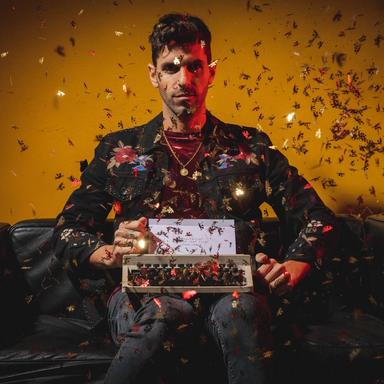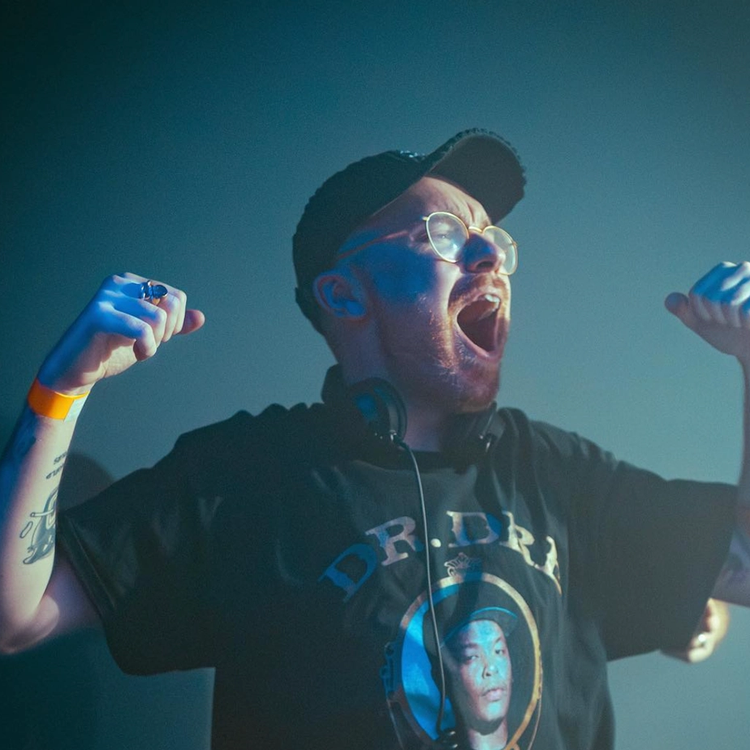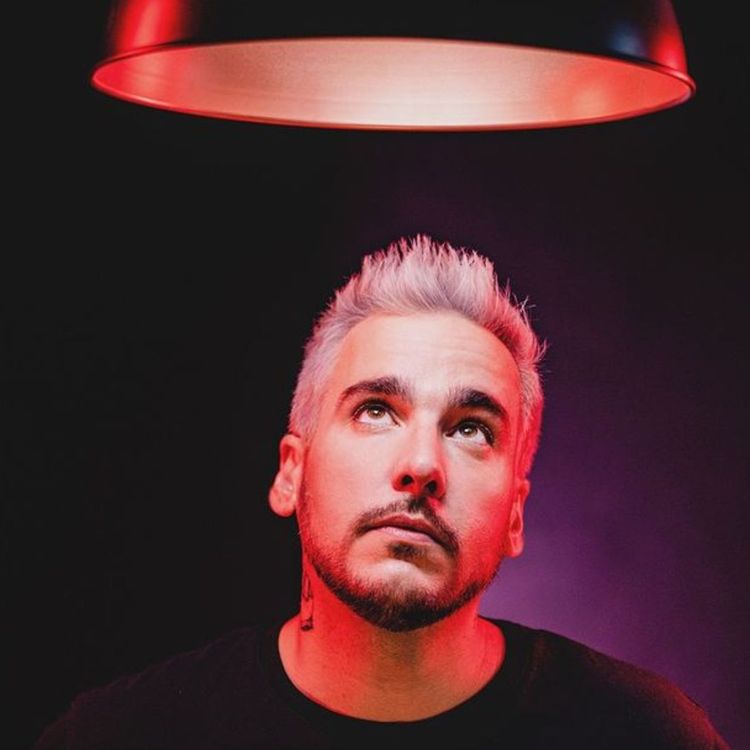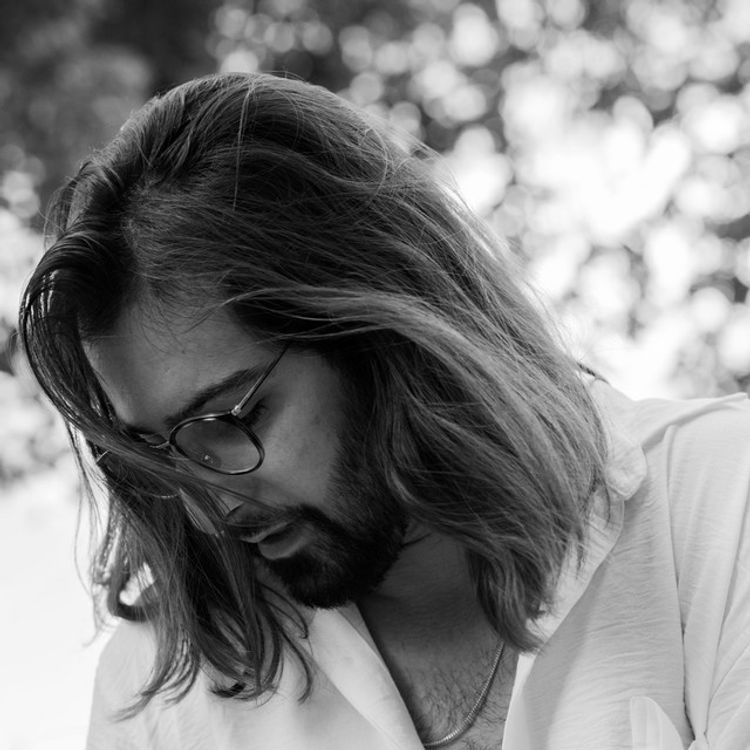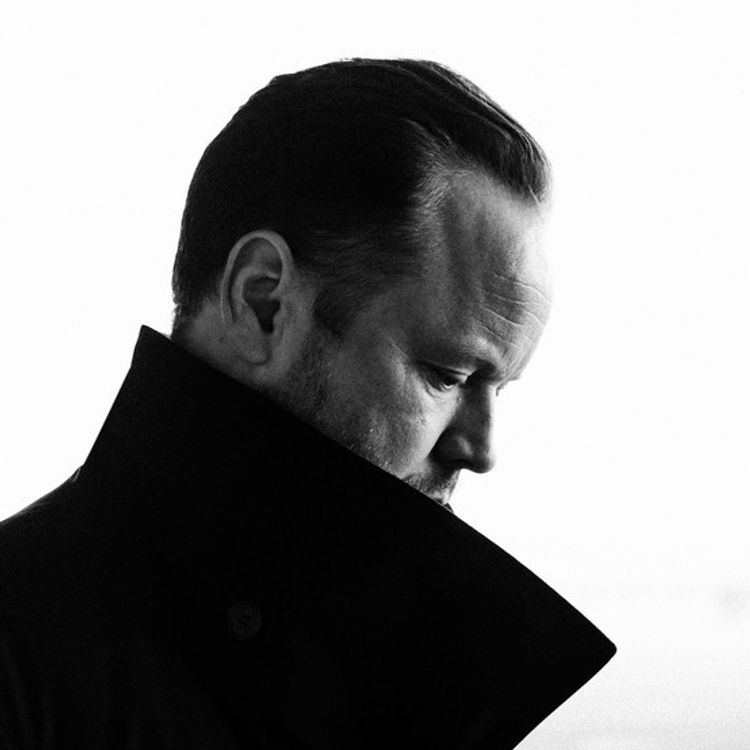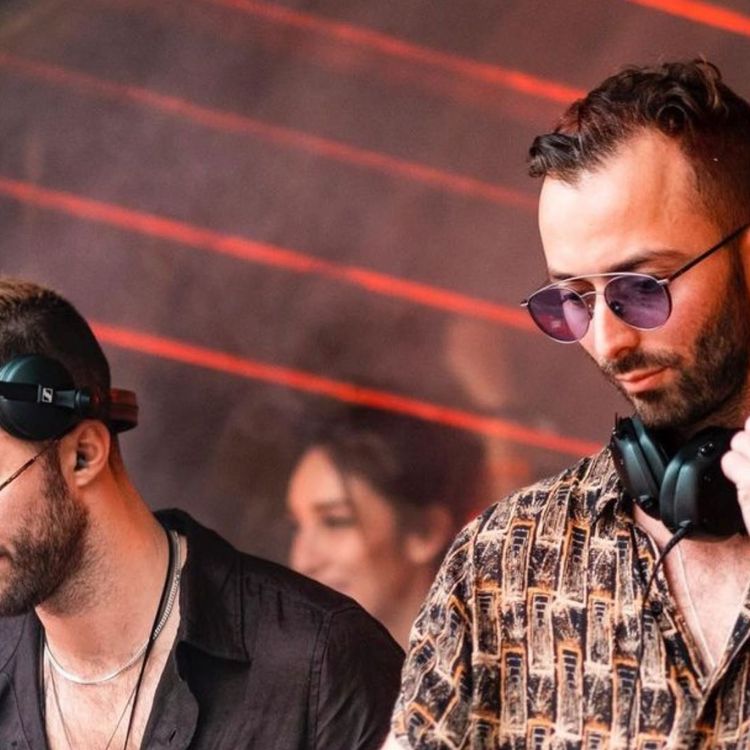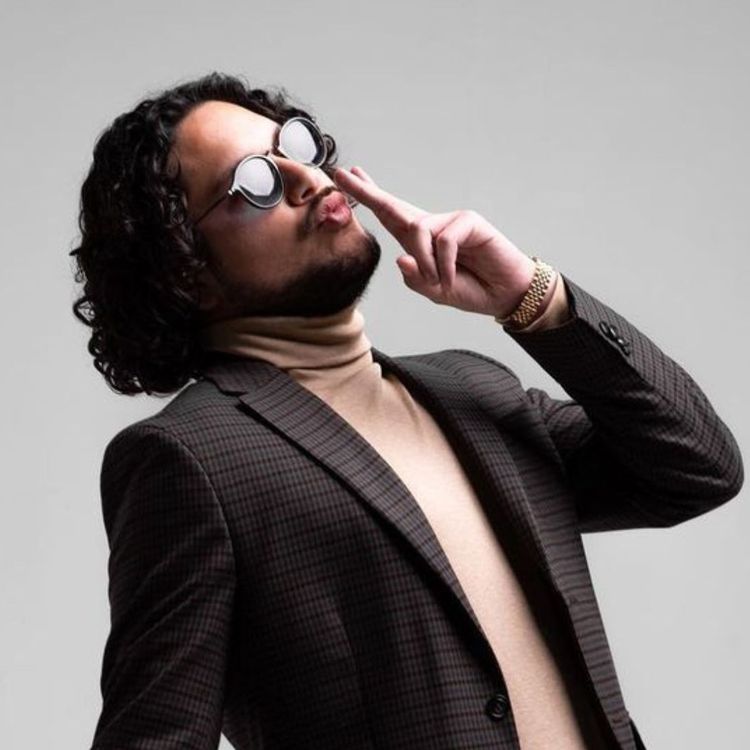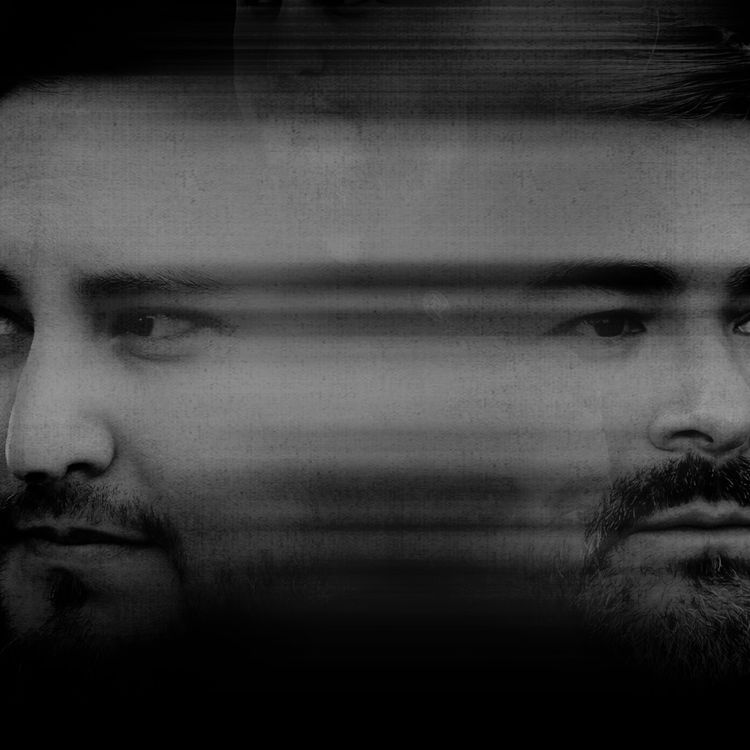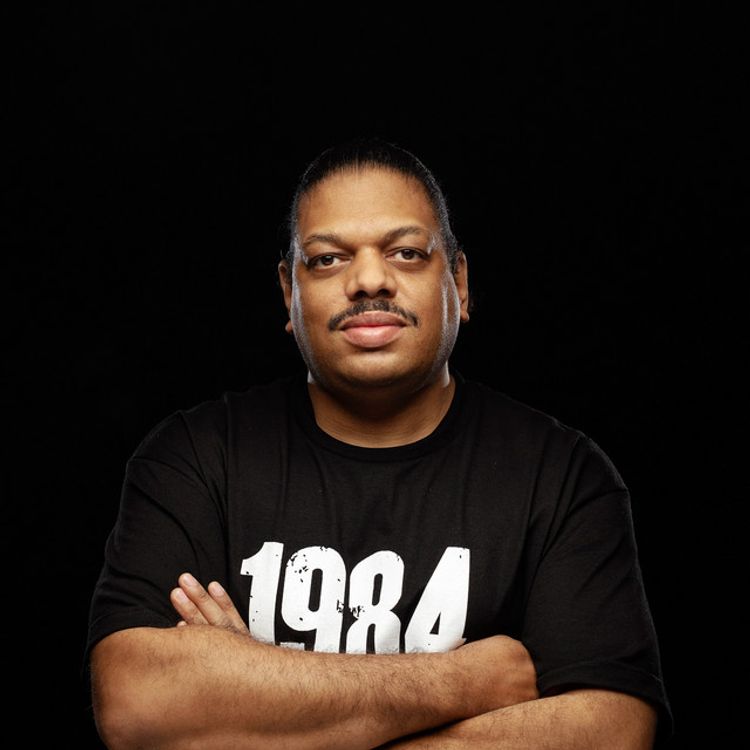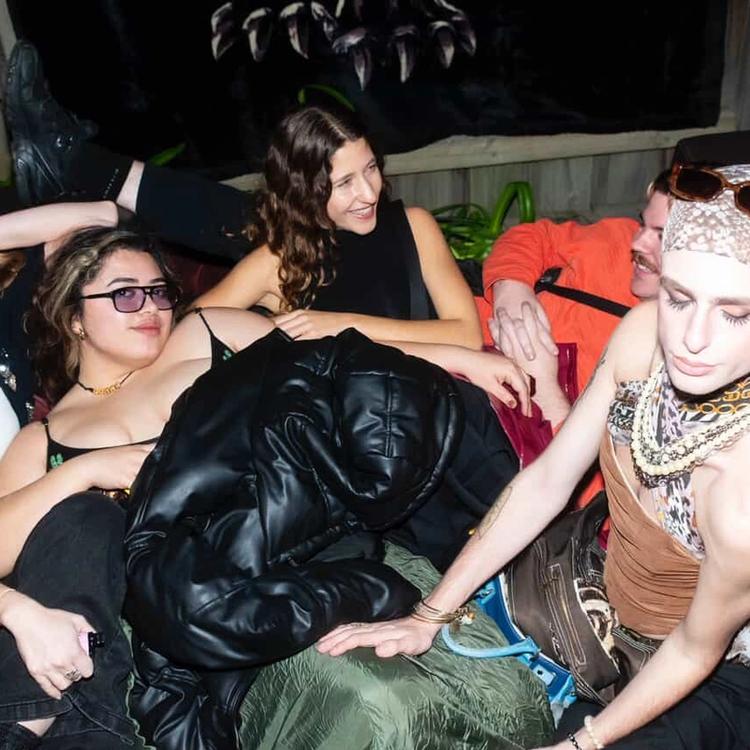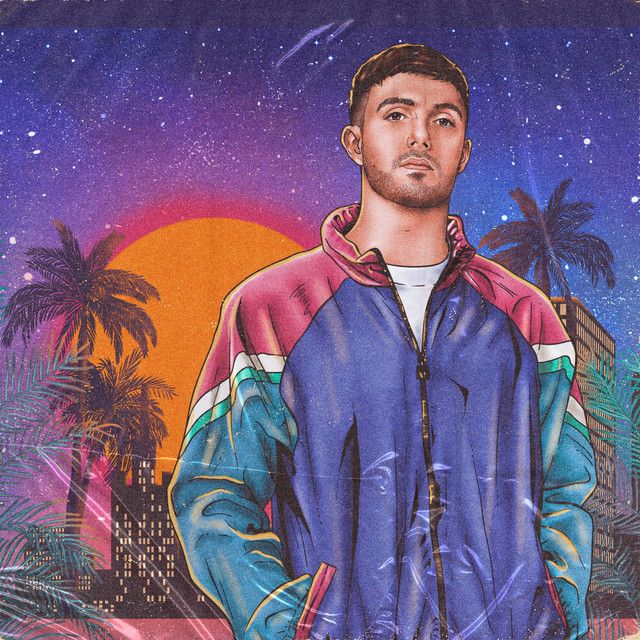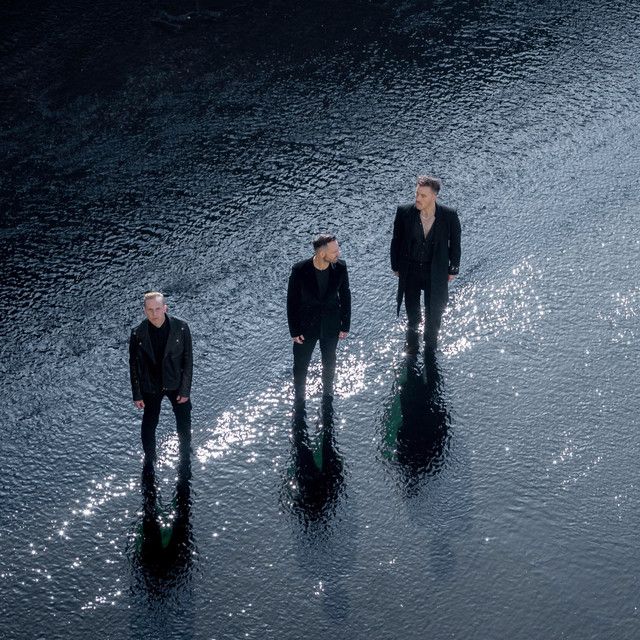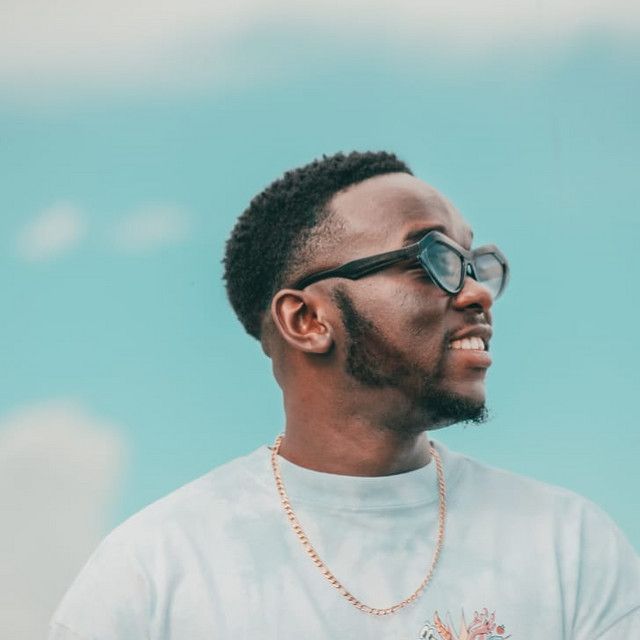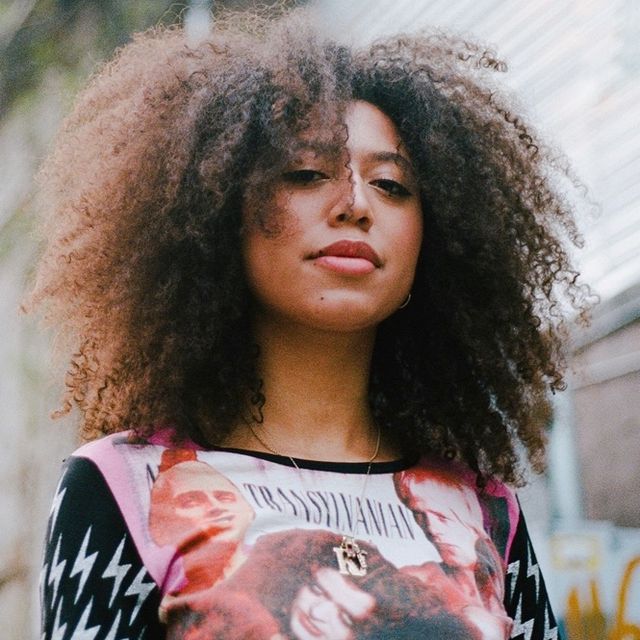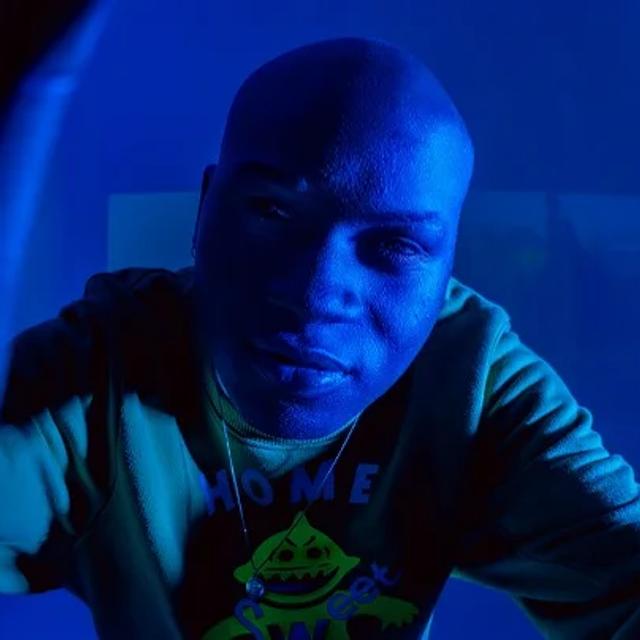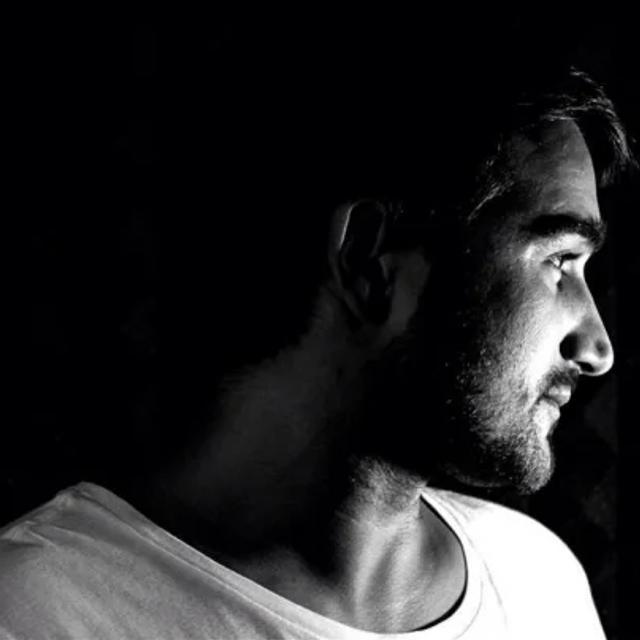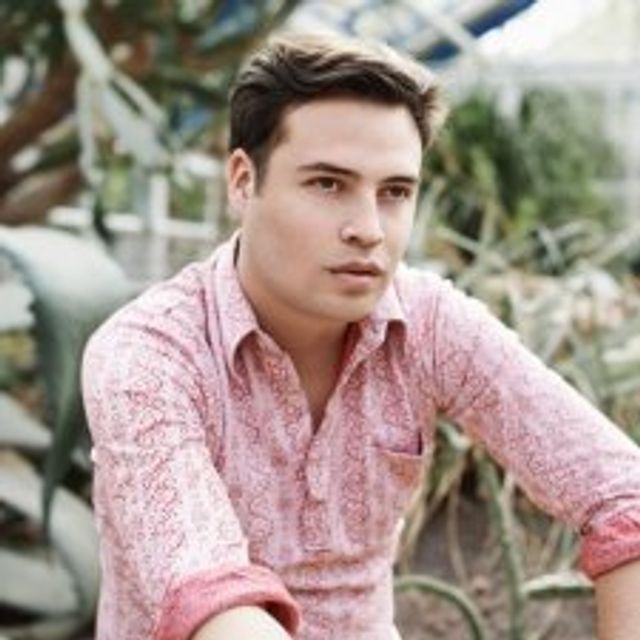Artist Spotlight
Before 2011, you could find Squire—aka Jaime Alguersuari—speeding around the track behind the wheel of a Formula One car. And while he achieved great success there, when he left the sport he did so to pursue the thing that he’d been passionate about his whole life. Dance music has been omnipresent in the Spanish artist’s life for as long as he can remember. And as the allure of the beat became too strong to deny, he embarked on a journey to map his musical DNA.
“My parents started to go to Ibiza in 1975,” he says. “And I used to go there when I was very, very young. My musical background started there. My parents used to go to the opera … but as a child, I grew up between radio stations in Ibiza.”
DJ culture and club culture are synonymous with the island. But, as a teenager he was too young to go to the clubs, so he would take over basements with his friends to play music. “it all started as, as a game of friends in a basement. We used to buy all these records and show each record to each other to see which one had the best record or the coolest record. “
He wrapped himself in the hunt for the most exclusive cuts. Even in the early 00s before online download stores dominated the scene, you had to travel to get the rare gems. Every city had its sonic imprint, and to keep winning the game, you had to travel to find those rare gems.
Having friends that were a bit older than him proved an advantage. They’d sneak him in the back door of clubs, and when he was 16, got him his first gig. It was at a gay bar called Lola’s, a hidden gem and one of the first clubs to open in Ibiza Town over 40 years ago.
“I was 16. And I played my first record there. I felt like this amazing energy between the crowd and the booth. I think I got captured by the moment and fell so much in love with how much of an influence you can make by playing this tune or that other tune.”
As he traveled a path deeper into the dance music rabbit hole, he realized that the best way to always have the most exclusive music was to make it yourself. Because no matter how exclusive you think your promos are, at some point everyone is going to play the same tunes.
“That was the main reason for me to start making music … I thought, why don't I start making my own music. So, whenever I have a show, and I play music, I can play my own tracks.” He didn’t begin with the intention of publishing his tunes, it was all for the love of the chase. However, his obsession grew into a career. And when he decided to leave racing, it was because the music was the only thing he could see himself focusing on.
He does however see some interesting parallels between music and racing. He says that every time he put his helmet on, he knew he was going to work. The discipline, routine, and psychological fortitude it took to remain focused on the track are no different from how he works in the studio.
“Going into the studio every day, I have to follow a certain routine. And it starts very early in the morning, I take things seriously. If I want to evolve and develop my career in the music industry. I need to have a disciplined life or let's say, a routine that that puts the benchmark every day a bit higher.”
When he was younger, his competitive spirit drove him on the race track and behind the DJ booth. Now, he’s only competing with himself to push for even better music with each release. His steadfast dedication to his craft has led to releases on iconic labels like Crosstown Rebels, Do Not Sit on the Furniture, Get Physical sub-label Kindisch, and his album Stop on the innovative German label Mobilee.
When he began to discuss the project with label head Ralf Kollmann he was told to go in whatever direction he wanted to take. And as the world shut down during the COVID pandemic, he found the time to seek inspiration from within.
“Many of us, we don't have the time to be in the studio, and like, jam around and feel the synergy. Sometimes you are thinking too much and pushing too much. And that's why the album is called Stop, because everything came to a stop,” He explains.
"It gave me the possibility to be relaxed, in my zone, in a studio. Just thinking about making music that I love. I don't know if it's going to work if it's not going to work, but at least I know I'm connected with this music I'm producing. And that's why I felt like making more personal music … something unexpected.”
With the constant barrage of releases, the lifecycle of a song has become woefully short. He remembers when he could drop a song that was a decade old in a set and it would still hit. He’s seeking to reconnect with that time, and ultimately create music that takes people places.
“I always say music has to have a story, even if it's a one minute song.” And the message that he wants to communicate is a simple lesson he learned during the pandemic.
“With the digital era, there's an excess of information. And there's so much happening, that it looks like we live in a crazy world…it looks like we're always unhappy, because we want things faster and quicker ... I think we do have to stop and ask ourselves, who we are, what do we think what do we want to do?”
